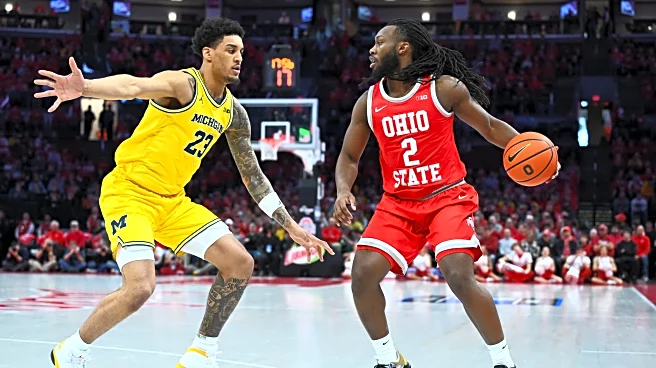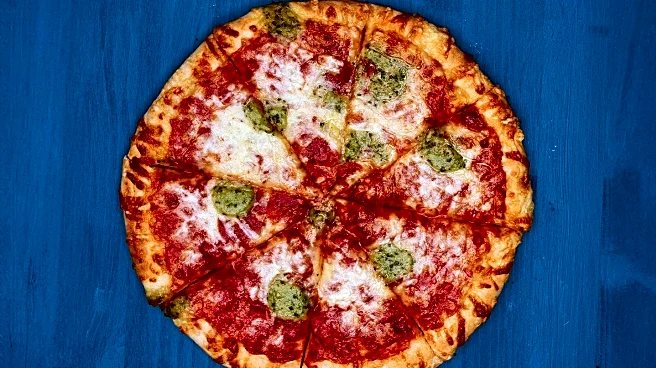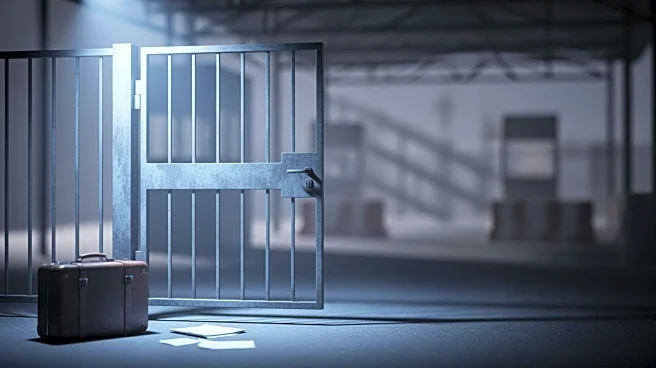What's Happening?
Rabbi Doron Perez, chair of the Modern Orthodox World Mizrachi movement, is poised to become the next president of the World Zionist Organization (WZO) following recent coalition talks. Perez, who has experienced personal tragedy with the loss of his
son during the Oct. 7 terror attacks, emphasizes the need for healing and unity within the Jewish community. He advocates for moving beyond blame and divisiveness, particularly in the wake of political tensions surrounding the WZO and Israeli politics. Perez's approach focuses on fostering unity and collaboration among diverse Jewish communities globally.
Why It's Important?
Perez's potential leadership role in the WZO comes at a critical time for the organization, which faces challenges related to political divisions and perceptions of cronyism. His emphasis on healing and unity could influence the WZO's direction, promoting inclusivity and collaboration across different Jewish factions. This approach may help bridge gaps between religious and secular communities, as well as between Israeli and Diaspora Jews. Perez's leadership could also impact the WZO's ability to address broader issues affecting the Jewish community, such as anti-Semitism and support for Israel.
What's Next?
As Perez prepares to assume the presidency of the WZO, he aims to implement strategies that prioritize unity and healing within the Jewish community. This may involve initiatives to strengthen ties between Israeli and Diaspora Jews, as well as efforts to address internal divisions within Israel. Perez's leadership could also influence the WZO's engagement with global Jewish organizations and its role in advocating for Jewish interests internationally. The success of these initiatives will depend on Perez's ability to navigate complex political landscapes and foster collaboration among diverse stakeholders.
Beyond the Headlines
Perez's focus on healing and unity reflects broader cultural and ethical considerations within the Jewish community. It challenges traditional approaches to leadership that prioritize political power over communal well-being. This shift towards inclusivity and collaboration could lead to long-term changes in how Jewish organizations operate, potentially influencing their impact on global Jewish affairs. Perez's leadership may also inspire other leaders to adopt similar approaches, promoting a culture of empathy and cooperation within the Jewish community.















